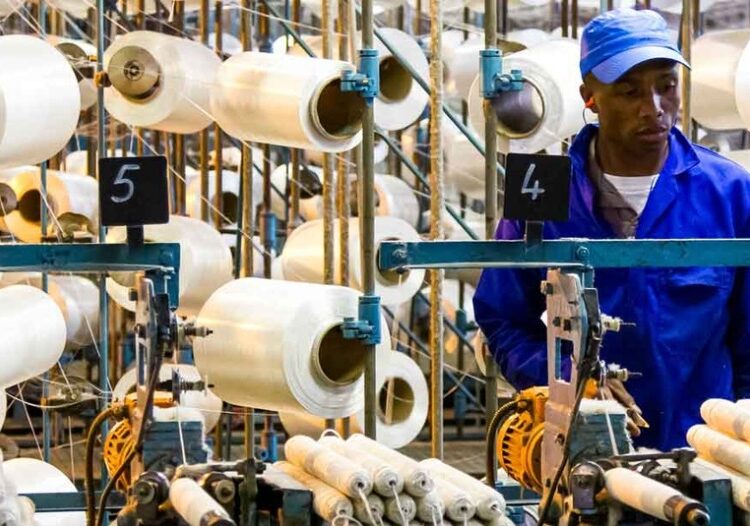NIAMEY,Niger – The Africa Industrialisation Day was held in Niamey, the capital of Niger, on Sunday, with a view to accelerating industrialisation in Africa as a means to strengthen the continent’s ability to navigate a change geopolitical landscape.
The event brought together a large number of decision-makers, industry specialists and strategists who arrived here to consider means of exploiting the potentialities of the African continent as a means of avoiding future disruptions in the international supply chain.
The event was co-organised by the African Union Commission; the African Union Development Agency; the United Nations Industrial Development Organization, and the United Nations Economic Community for Africa.
These organisations highlighted the extreme fragility of African economies against external shocks.
They called for the initiation of structural changes that can accelerate productive transformation through a determined shift towards sustainable and resilient industrialisation in the years and decades to come.
It is important to reassess Africa’s capabilities in the face of external shocks, the organizations organising the event said in a joint statement at its conclusion.
They called on African Union member states to set up innovative and inclusive institutions capable of designing and implementing effective industrial policies and processes that will advance socio-economic transformation, as stipulated in global and continental frameworks.
The Africa Industrialisation Day provided an opportunity to take stock of the progress made during this year on the drive towards industrialisation.
It also provided a policy dialogue platform to firmly recommit to accelerating structural transformation.
Those meeting in Niamey had belief that Africa can be an investment and development frontier in the future, given its extraordinary economic potential.
The Industrialization Day adopted the slogan ‘Industrialization Africa: Renewed Commitment towards Inclusive and Sustainable Industrialisation and Economic Diversification’.
The event gave the chance to participants to reflect on the need for accelerating industrialization in the continent as a means of utilizing its real potentialities.
The agencies organising the event said Africa has to continue to ride on the huge potential it has in various areas, including in agriculture and agro-processing.
They referred to statistics that help the continent to become the food basket of the world, if the right investments are made, given its 60 per cent endowment in global uncultivated arable lands.
To achieve this, there is a need for determined commitment and implementation by African leaders and the private sector, investing massively in agricultural transformation and meeting the target of sustainably allocating 10 per cent of public expenditure to agriculture, they said.
They called for moving from food emergency to sustainable and resilient food production in the years and decades to come.
Agriculture, they said, is an economic opportunity enhancer.
They added that agriculture has to remain a priority investment area for accelerated African industrialisation in the perspective of reducing continental exposure to external shocks in the future.
An agricultural driven industrialisation will harness regional linkages and be critical in creating new and strengthening strategic regional value chains that bring prosperity for all the segments of Africa’s population and mainly for SMEs, women and youth, they said.






Discussion about this post